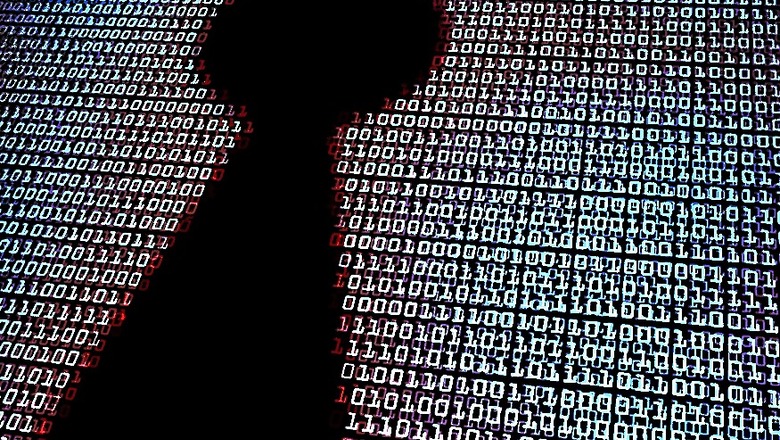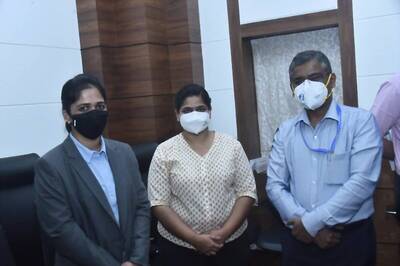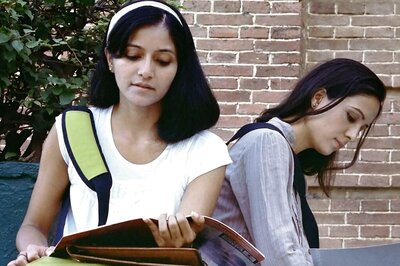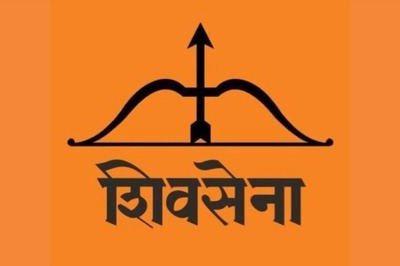
views
New Delhi: The Supreme Court on Thursday said even news reports of a celebrity’s sexual relations amount to breach of privacy as it highlighted that the Right to Privacy could be violated not only by the government but also by private entities.
Dismissive of the 'big brother' attitude, Justice Sanjay K Kaul noted "something interesting is happening" as internet users have created information far more than humanity ever created before the advent of the 'world wide web'.
"Uber knows our whereabouts and the places we frequent. Facebook at the least, knows who we are friends with. Alibaba knows our shopping habits. Airbnb knows where we are travelling to," said the judge, who was a part of the concurring verdict on acknowledging privacy as a fundamental right.
All the information, the judge noted, were available with these entities although Uber, the world’s largest taxi company, owns no vehicles.
"Facebook, the world’s most popular media owner, creates no content. Alibaba, the most valuable retailer, has no inventory. And Airbnb, the world’s largest accommodation provider, owns no real estate," wondered Justice Kaul.
He pointed out that as we move towards becoming a digital economy and increase our reliance on internet-based services, we are creating deeper and deeper digital footprints – passively and actively.
"These digital footprints and extensive data can be analyzed computationally to reveal patterns, trends, and associations, especially relating to human behavior and interactions and hence, is valuable information," said the judge.
Justice Kaul said that collation of all such information leads to creation of 'big data' which can then be exploited for targeted advertising.
"Knowledge about a person gives a power over that person. The personal data collected is capable of affecting representations, influencing decision making processes and shaping behaviour. It can be used as a tool to exercise control over us like the ‘big brother’ State exercised," he said.
And this, Justice Kaul held, can have a stultifying effect on the expression of dissent and difference of opinion, which no democracy can afford.
Supporting views of Justice D Y Chandrachud, Justice Kaul said the situation warranted unprecedented need for regulation regarding the extent to which such information can be stored, processed and used by non-state actors. There is also a need for protection of such information from the State.
"Our Government was successful in compelling Blackberry to give to it the ability to intercept data sent over Blackberry devices. While such interception may be desirable and permissible in order to ensure national security, it cannot be unregulated," he added.
Citing the popular fiction '1984' by George Orwell, the judge said that what the writer had created as a fictional State can become a reality.
"The technological development today can enable not only the state, but also big corporations and private entities to be the ‘big brother’," cautioned Justice Kaul.




















Comments
0 comment